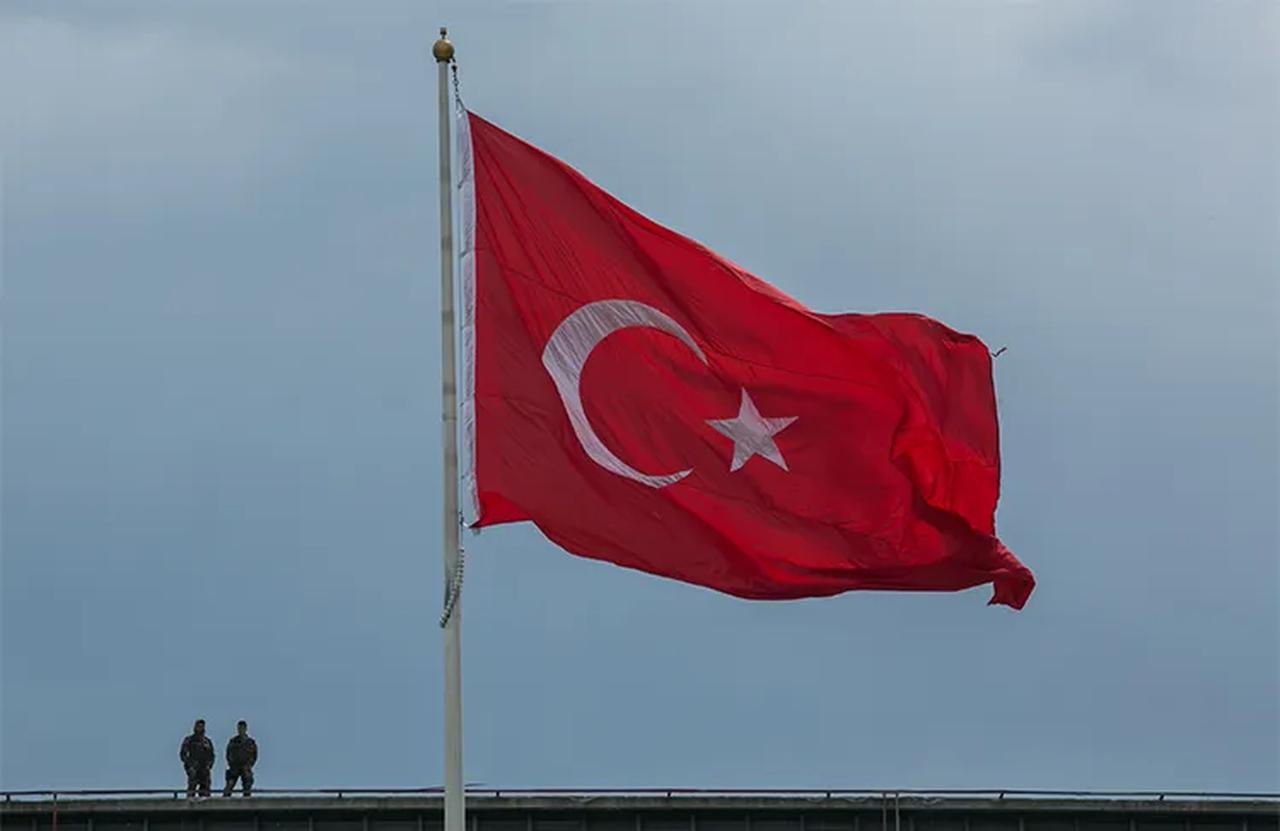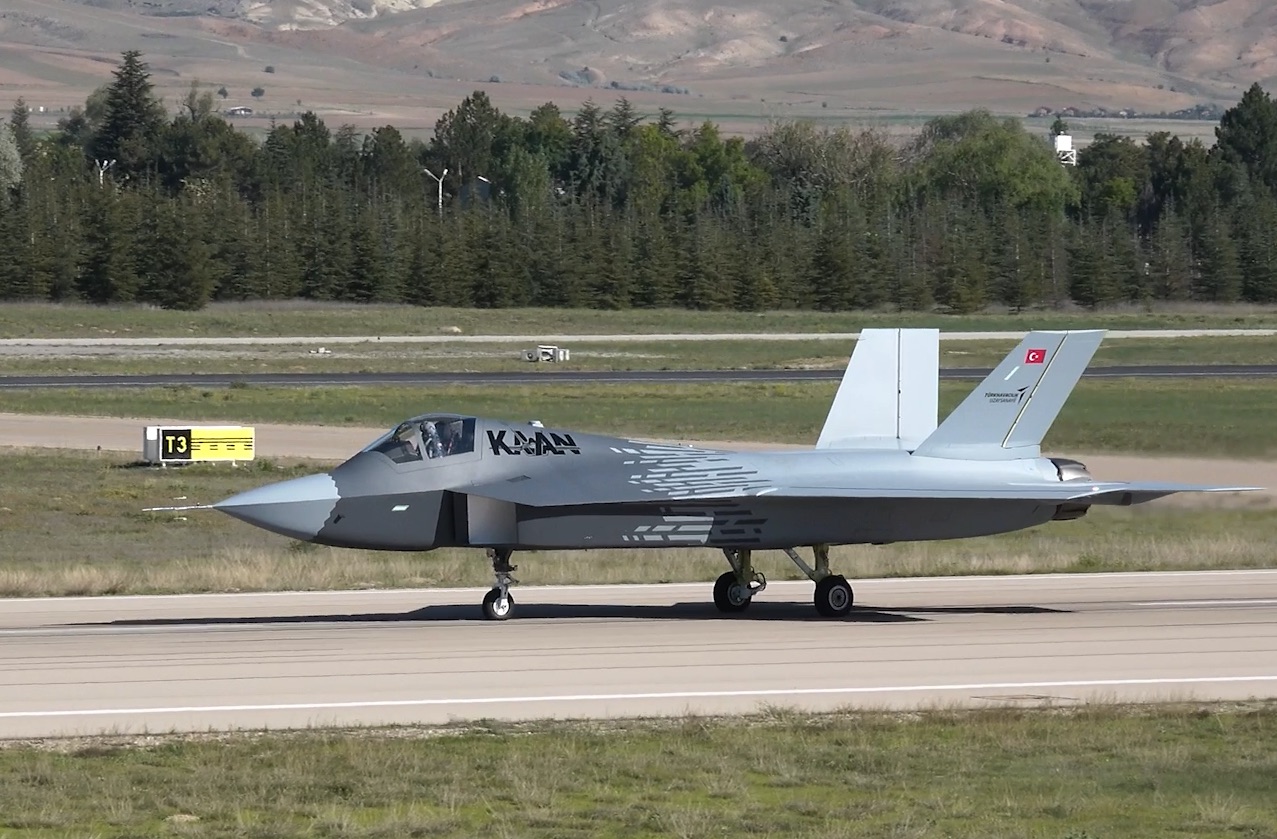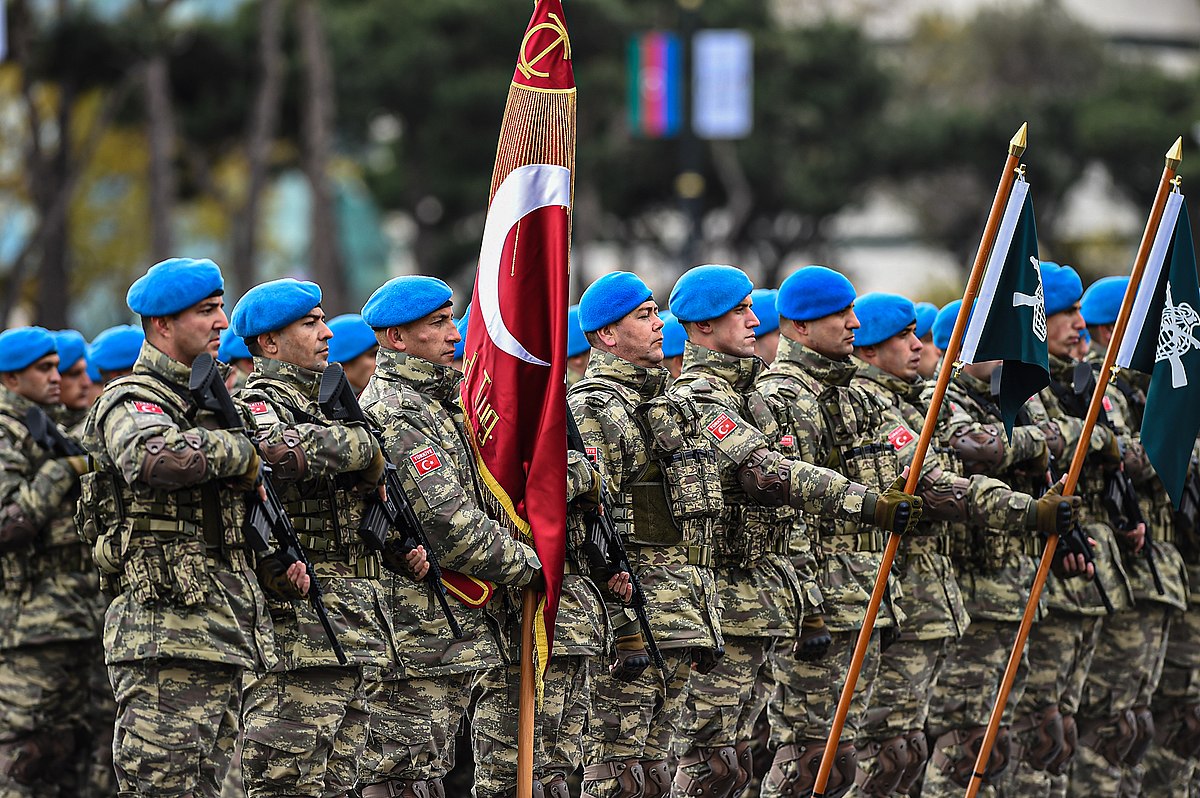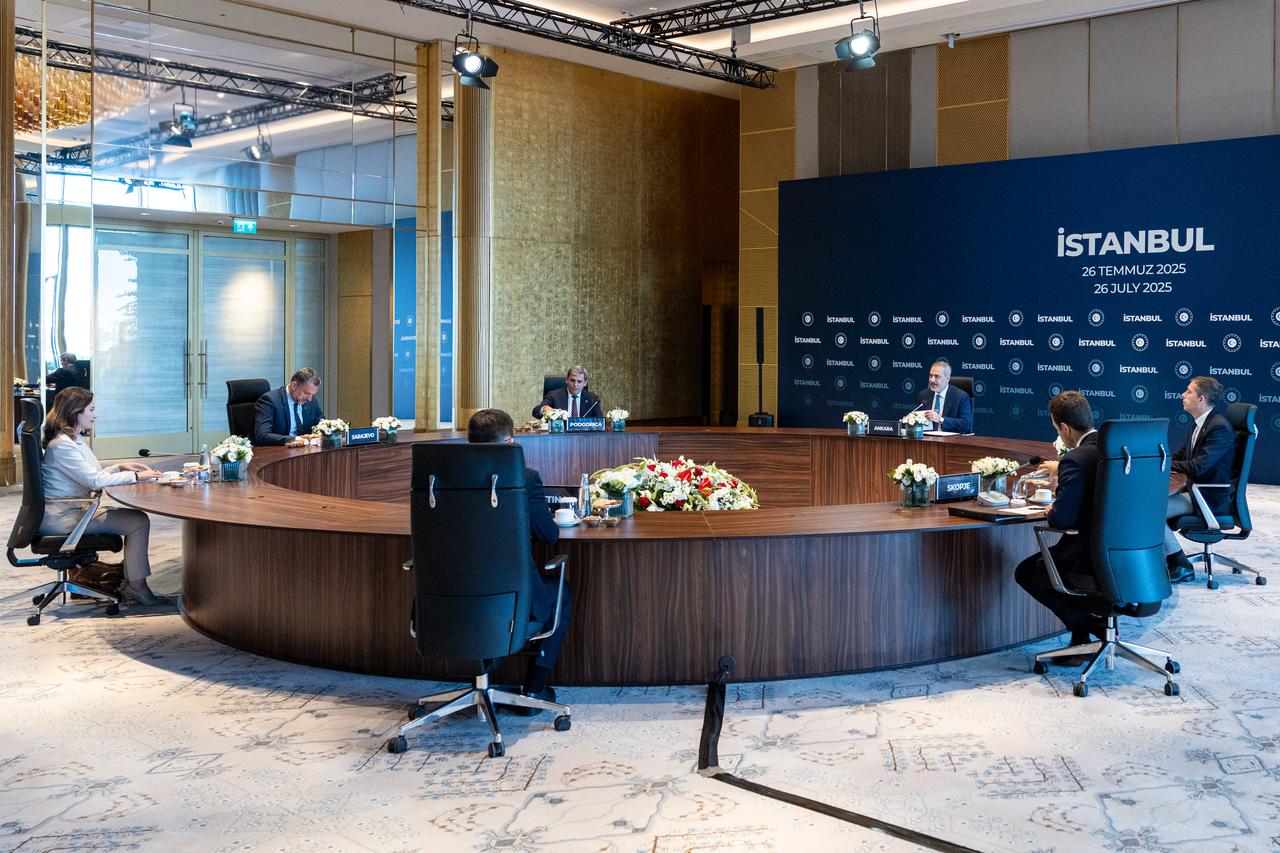
A U.S.-based think tank has published an analysis titled "Türkiye's Time to Rise" on Monday, arguing that the country has captured a historic opportunity to emerge as a major power through its increasing military capacity, strategic position, and foreign policy moves amid a turbulent global period.
The analysis by Geopolitical Futures, authored by founder George Friedman and senior analyst Kamran Bokhari, examines Ankara's growing potential against changing global balances and regional power shifts.
The report positions Türkiye alongside Japan and Poland as one of three significant powers forecast to emerge over the coming decades, as originally predicted in "The Next 100 Years," published 15 years ago.

The analysis identifies multiple geopolitical openings for Türkiye as major powers face constraints or decline.
"With Russia bogged down in Ukraine, the United States seeking to reduce its global footprint, Iran suffering losses throughout the region that have been complicated by its internal leadership transition, and Israel reeling from crises at home and abroad, Türkiye can exploit these openings in any direction in which it has fundamental interests," the report states.
The think tank notes that Türkiye has already begun capitalizing on these opportunities through strategic interventions and diplomatic initiatives.
The think tank notes several areas where Türkiye is expanding its influence:

The analysis highlights Türkiye's critical role in helping Azerbaijan defeat Armenia in the 2020 Karabakh war, describing it as "a historic shift in the balance of power on Türkiye's eastern flank."
According to the report, "Baku's seizure of the territory has allowed Armenia and Azerbaijan to distance themselves from Russia and align themselves with Türkiye."
The authors expect an upcoming Azerbaijan-Armenia peace deal to facilitate Ankara's development of the Zangezur corridor, described as "an economic artery traversing the South Caucasus" that will allow Türkiye to connect with trans-Caspian regions and Central Asian borderlands.

The report identifies Türkiye as "the biggest winner in the Israel-Iran conflict," citing the collapse of Syria's Assad regime following the weakening of Hezbollah and Iranian influence.
"Türkiye quickly capitalized on the opportunity to bring Syria into its sphere of influence, supporting one of its proxy groups to take control of the capital in Damascus," the analysis states.
The analysis emphasizes Türkiye's advantageous location as key to its potential emergence as a great power.
"It occupies a strategic geopolitical position astride Europe, the Middle East and the Mediterranean. That position has put pressure on Türkiye for more than a century. But combined with its current military and economic capabilities, this situation has the promise to free Türkiye from its constraints," the report adds.

The analysis highlights Türkiye's efforts to forge closer relationships with European partners as trans-Atlantic security arrangements shift.
The report cites then-Polish Prime Minister Donald Tusk's March trip to Ankara as evidence of efforts "to coordinate joint efforts to stabilize Ukraine and to explore Türkiye's options in postwar security frameworks."
In the Balkans, Türkiye recently launched the Balkans Peace Platform, hosting a meeting in Istanbul with foreign ministers from Bosnia and Herzegovina, Montenegro, North Macedonia, Serbia, Kosovo, and a deputy minister from Albania.

The authors argue that Russia's decline, particularly after it invaded Ukraine, creates unique opportunities for Türkiye.
"In the years ahead, Moscow's ability to project power in the Black Sea basin will wane. Already, Ankara has enhanced its naval role in the Black Sea–unilaterally and in coordination with NATO," the report states.
Türkiye has positioned itself as an interlocutor between Russia and Ukraine while enhancing trade, connectivity, and security ties with Georgia, Romania, and Bulgaria.
Despite the optimistic analysis, the authors acknowledge uncertainties about Türkiye's ability to fully capitalize on these opportunities.
"In geopolitics, the emergence of a great power depends not just on having power and ambition, but also on the opportunity to pursue both. Türkiye seems to fit this bill," the report states.
However, it concludes with a note of caution: "Given Türkiye's domestic problems, whether it can capitalize remains to be seen."
The analysis presents Türkiye as having "a large military and economy that, while only modestly growing, flashes the kind of potential few others in the region demonstrate."